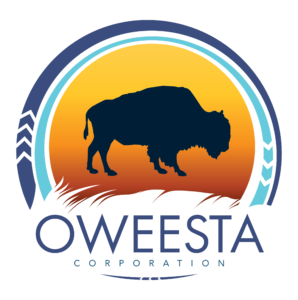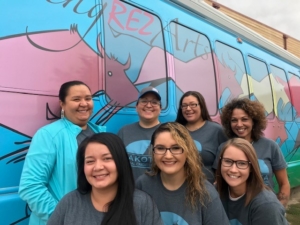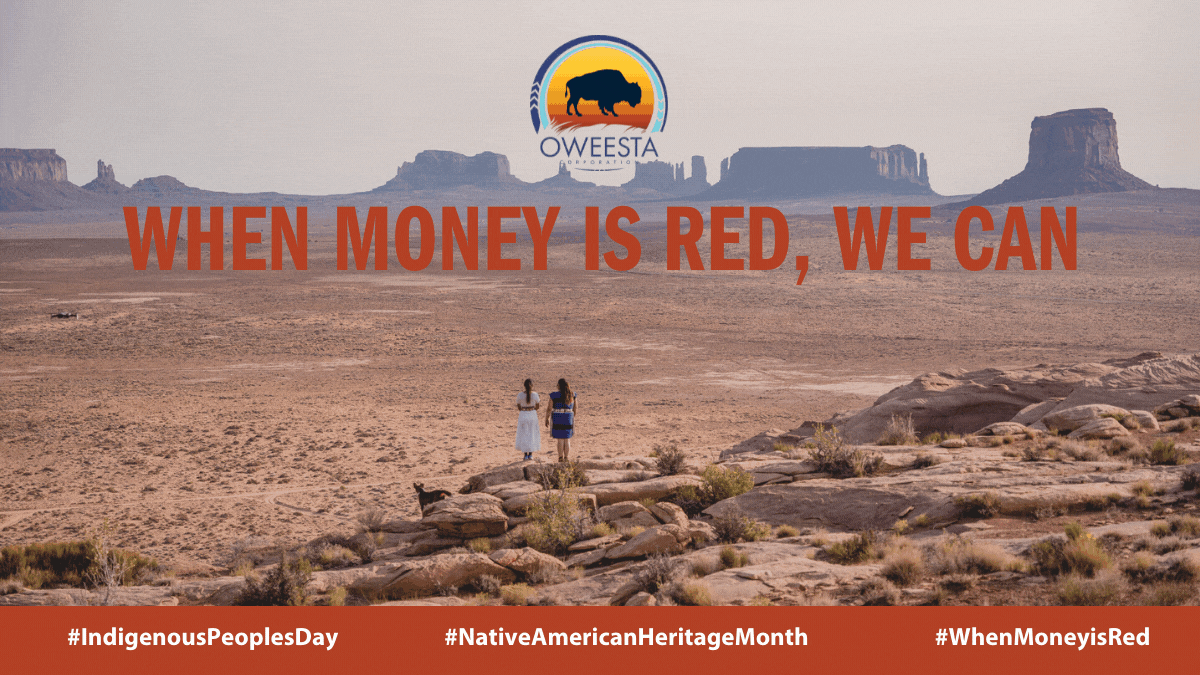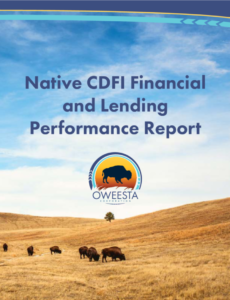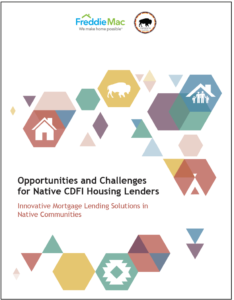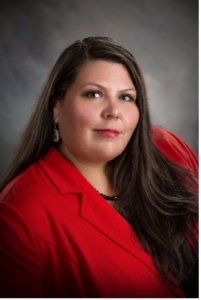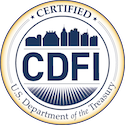Justice Climate Fund Selected by U.S. Environmental Protection Agency for Clean Communities Investment Accelerator Program
Justice Climate Fund Will Empower Its Network of Community Lenders to Successfully Deploy Affordable, Responsible Green Lending
(Washington, DC/April 4, 2024) — Today, the Justice Climate Fund (JCF) announced it has been selected by the U.S. Environmental Protection Agency (EPA) to begin award negotiations for the Greenhouse Gas Reduction Fund (GGRF) Clean Communities Investment Accelerator (CCIA) program. JCF has been selected to receive approximately $1 billion in funding.
JCF is a nonprofit financial institution created to scale the nationwide deployment of affordable, equitable clean energy improvements for disadvantaged American families, businesses and communities. JCF achieves its mission by enabling and deploying capital through America’s Main Street financial institutions — the very community lenders that have delivered, for decades, financial opportunity, security and prosperity to struggling Americans. JCF’s network of community lenders pioneered community-based lending. With GGRF funds, these dedicated lenders can expand their successful histories of driving positive value and change by tackling climate change. By focusing on communities, JCF will enable American families, communities and businesses to save money and deliver a greener, cleaner, safer and more inclusive future for us all.
This transformation is within reach. Today, JCF’s network of community lenders serves 281 million Americans — or almost 86% of this nation — and includes more than 1,000 CDFIs across every state in the nation and multiple territories. Through the CCIA program, JCF will equip community lenders with new skills, tools and relationships to successfully deploy affordable, responsible green lending in communities across the country, especially those that are low income and disadvantaged.
“Our community lenders are the boots on the ground serving hard-working American families and communities too often excluded from the innovation economy that defines our country. We advance green lending, capacity and capital in low-income and disadvantaged communities, allowing the most impacted to lead change for all of us,” said Douglass Sims, JCF interim Chief Executive Officer. “JCF thanks the Biden Administration and the EPA for recognizing JCF’s transformational role in advancing the Greenhouse Gas Reduction Fund’s mission. We are honored to have been selected for the Clean Communities Investment Accelerator program, and we believe that this is just the start.”
“President Biden and Vice President Harris have put communities at the center of their Investing in America agenda. Today, we’re putting an unprecedented $20 billion to work in communities that for too long have been shut out of resources to lower costs and benefit from clean technology solutions,” said EPA Administrator Michael S. Regan. “The selectees announced today will deliver transformational investments for American communities, businesses, and families and unleash tens of thousands of clean technology projects like putting solar on small businesses, electrifying affordable housing, providing EV loans for young families, and countless others. That translates to good-paying jobs, energy bill savings, and cleaner air, all while delivering on President Biden’s historic agenda to combat climate change.”
On August 16, 2022, President Joe Biden signed into law the Inflation Reduction Act, which authorized the EPA to implement the GGRF to mobilize financing and private capital to combat the climate crisis and revitalize communities, particularly those that have historically been left behind. CCIA is one of the three programs through which the GGRF will be implemented.
“We look forward to working with the EPA and mission-driven private investors to bring climate solutions, and their many benefits, to our nation’s families and communities,” continued Sims. “We appreciate the Biden Administration and the EPA validating JCF’s capacity and mission and providing this critical transformational seed capital. We have opened our doors to the country’s community lenders and the aligned investors that support them. Together, we can build an enduring, national institution.”
###
The Justice Climate Fund s a purpose-built nonprofit financial institution that is building the field and deploying capital through CDFIs, credit unions, MDIs and green banks, and specialty finance firms as to enable families, communities and businesses to save money while investing in a greener and safer future. JCF is founded by the Community Builders of Color Coalition. It is steered by a Board that includes the African American Alliance of CDFI CEOs, the National Association for Latino Community Asset Builders, Inclusiv, National Bankers Association, Oweesta Corporation, Opportunity Finance Network, Partners for the Common Good and Community Development Bankers Association, ImpactAssets, the Housing Partnership Network, and Connecticut Green Bank. They have come together to ensure that all communities equitably benefit from the GGRF. See www.justiceclimatefund.org.
Press Contact
press@justiceclimatefund.org
